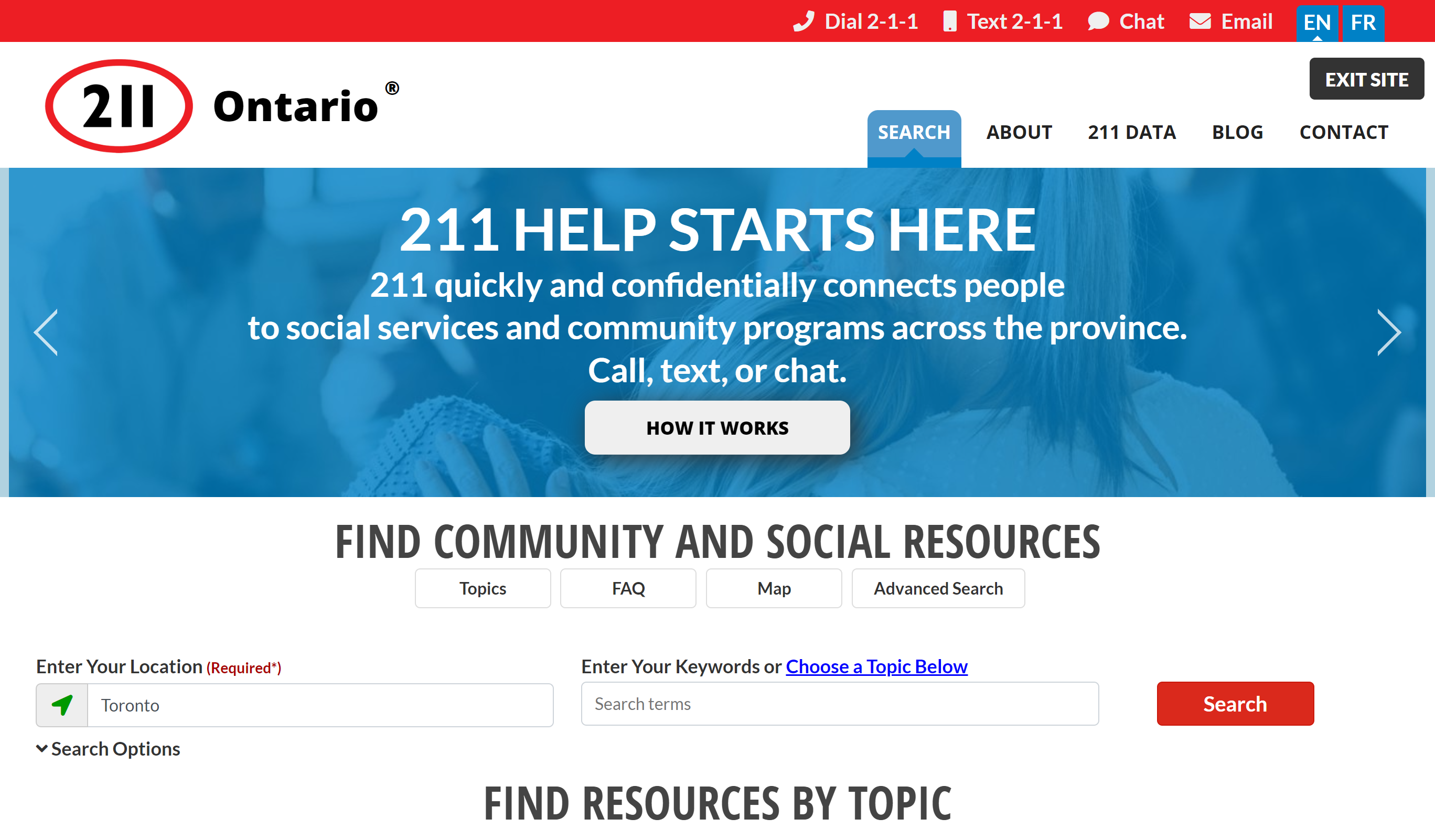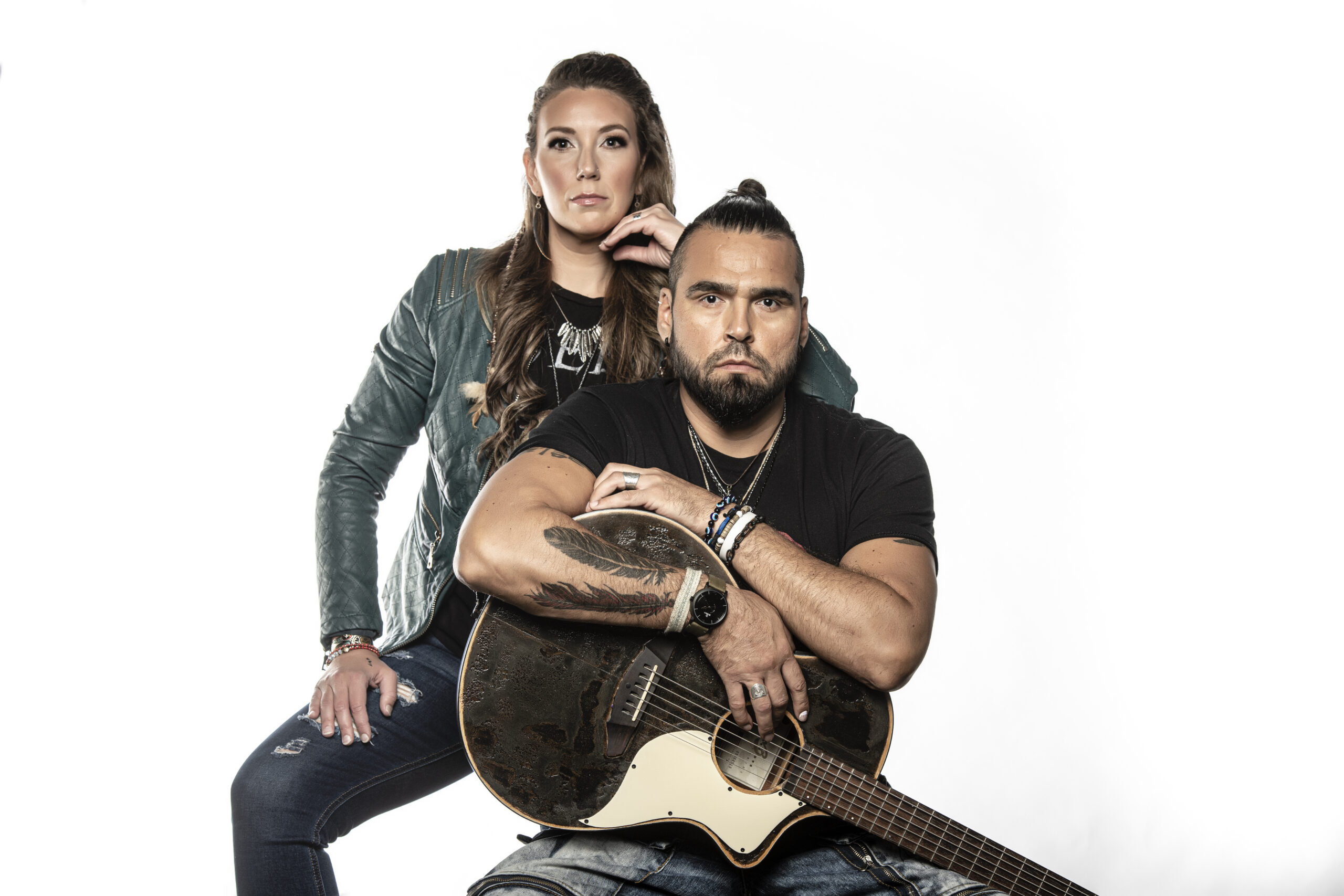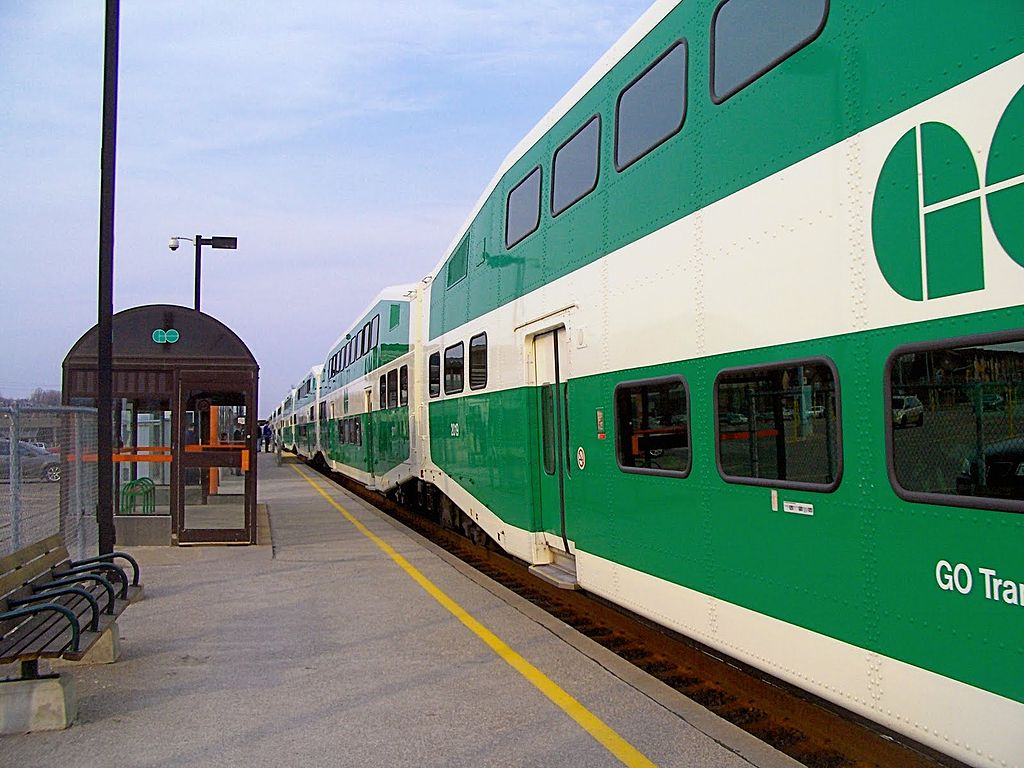Feb. 7, 2023 — Press release from the United Way Halton & Hamilton
February 11 (2/11) is 211 Day, a national public awareness initiative in partnership with United Way for the 211 information navigation service. Available 24/7 in more than 150 languages, 211 simplifies the process of navigating health and social service networks by guiding callers to the information they need, including specialized support for seniors and diverse communities, such as Indigenous Peoples, newcomers, and LGBTQ2S+ people.
“The ongoing cost-of-living crisis is causing more and more people in our community to find themselves in need of support. In a lot of circumstances, people don’t know where to turn, especially if it is their first time reaching out for help,” says United Way Halton & Hamilton president and CEO, Brad Park.
“The 211 service provides crucial connections every day, helping people access local social services, including all of the programs funded by United Way Halton & Hamilton.”
The pandemic and subsequent economic downturn have put many people in the position of needing support for the first time in their lives. According to data collected by United Way Centraide Canada and 211 operators across the country, needs related to counselling services increased by 34% in the first six months of 2022 in comparison to the previous six-month period. In addition, needs related to housing and food increased by 19% in the first six months of 2022, compared to the same six-month period in 2021.
In 2022, the top needs identified by 211 both provincially and locally in Halton and Hamilton, were health, such as support groups, diagnostic services and specialized care; housing, such as crisis, domestic violence and homeless drop-in shelters; and information services, such public access computers, libraries and directories.
In Halton and Hamilton, 211 received nearly 7,000 contacts by phone, web chat and email in 2022, with adults (51%) and older adults (13%) making up the majority of clients.
With support from the Government of Canada, United Way Centraide Canada enabled nationwide access to 211 for the first time in 2021, increasing capacity across provinces where 211 already existed and expanding into parts of the country that weren’t already covered.
The 211 database has the largest inventory of Canada’s community and government services and benefits, making it uniquely positioned to support emergency response and equitable recovery. Every day, the helpline provides personalized navigation support to people in vulnerable circumstances, including seniors, newcomers, Indigenous communities, and more.
211 helps people to navigate the system and find support quickly and easily, which takes the strain off of agencies and other services such as 911 that would otherwise be handling these calls. Residents should always call 911 for a life-threatening emergency, when a property is in danger, or a crime is in progress that requires the police, fire or paramedics.
More Canadians than ever can Make the Right Call and access information about government and community-based health and social services, thanks to 211 (211Ontario.ca).
Make the right call
911 is the number to call for life-threatening emergencies; however, many Canadians are calling 911 for other reasons that are better handled by 211 Navigators. Chief Bryan Larkin, President of the Canadian Association of Chiefs of Police, says he and his members know first-hand the importance of ensuring more people know about 211 as a front door to support.
“Our frontline officers respond to calls for service from the community every day, not related to crime. The stress and anxiety brought on by the pandemic, an inability to feed or house yourself or your family, substance abuse, those are examples of real emergencies for people, and when they don’t know where to turn, they often go to the number they know best. But, we’re hoping increased access to 211, and a better understanding of the service will divert more of those calls to the helpline that can connect people to the support they need,” says Larkin.
211 is the number to call for information on community-based health, social and government services. It is the number to call when you need help but aren’t sure where to turn.
In large cities, 311 is the number established to access information about municipal services (such as by-law enforcement, road repairs, garbage collection, municipal recreation programs, property taxes, etc.)
411 is the number that residents call for business or residential listings (phone book/yellow pages).
811 is the number that residents call for help finding health information and services.




